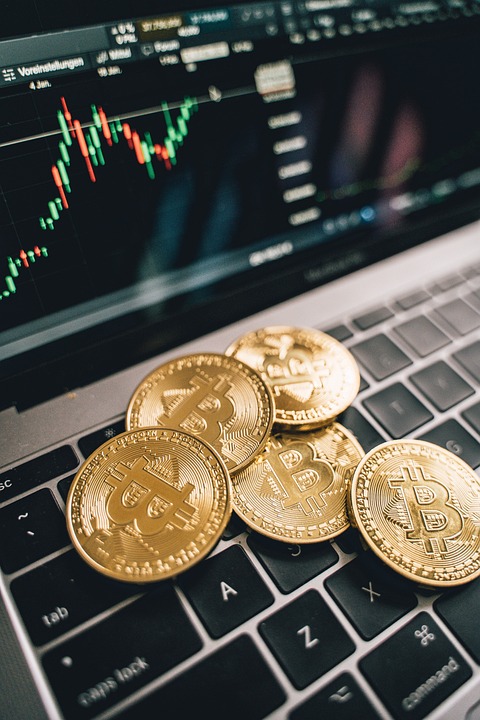The cryptocurrency market has grown exponentially over the past few years, with thousands of digital coins being traded on various exchanges worldwide. While the decentralization and anonymity of cryptocurrencies are some of the key features that attract people to this new form of digital currency, it also comes with its own set of risks and challenges.
One of the major challenges facing the cryptocurrency market is the lack of regulation in many crypto exchanges. Without proper regulatory oversight, investors are exposed to a high level of risk, including hacking, fraud, and market manipulation. This lack of regulation also undermines trust in the market, making it difficult for new investors to enter the space.
Regulation plays a crucial role in ensuring the security and trustworthiness of crypto exchanges. By implementing regulatory standards and guidelines, exchanges can protect investors from potential risks and create a more secure trading environment. Regulations can help in preventing fraud, money laundering, and other illegal activities in the crypto space, making it a safer place for investors to trade digital assets.
Furthermore, regulation can help in increasing transparency in the market, providing investors with the necessary information they need to make informed decisions. By being subject to regulatory oversight, exchanges are required to adhere to certain standards of operation, such as maintaining proper cybersecurity measures, conducting regular audits, and ensuring customer protection.
Regulation also helps in fostering trust in the market, both among investors and the general public. When exchanges are regulated, it gives investors a sense of security and confidence in the market, knowing that their funds are protected and that rules are in place to govern the operations of exchanges. This, in turn, can attract more institutional investors and mainstream adoption of cryptocurrencies.
In recent years, regulatory bodies around the world have started to take a more proactive approach towards regulating crypto exchanges. Countries like the US, Japan, and South Korea have implemented strict regulations for cryptocurrency exchanges to protect investors and ensure the stability of the market. These regulations include licensing requirements, KYC/AML compliance, cybersecurity standards, and customer protection measures.
While some in the cryptocurrency community may see regulation as a hindrance to the decentralized nature of cryptocurrencies, it is important to recognize the benefits that regulation can bring to the market. By striking a balance between regulation and innovation, crypto exchanges can create a more secure and trustworthy environment for investors, ultimately leading to the long-term success and sustainability of the cryptocurrency market.
